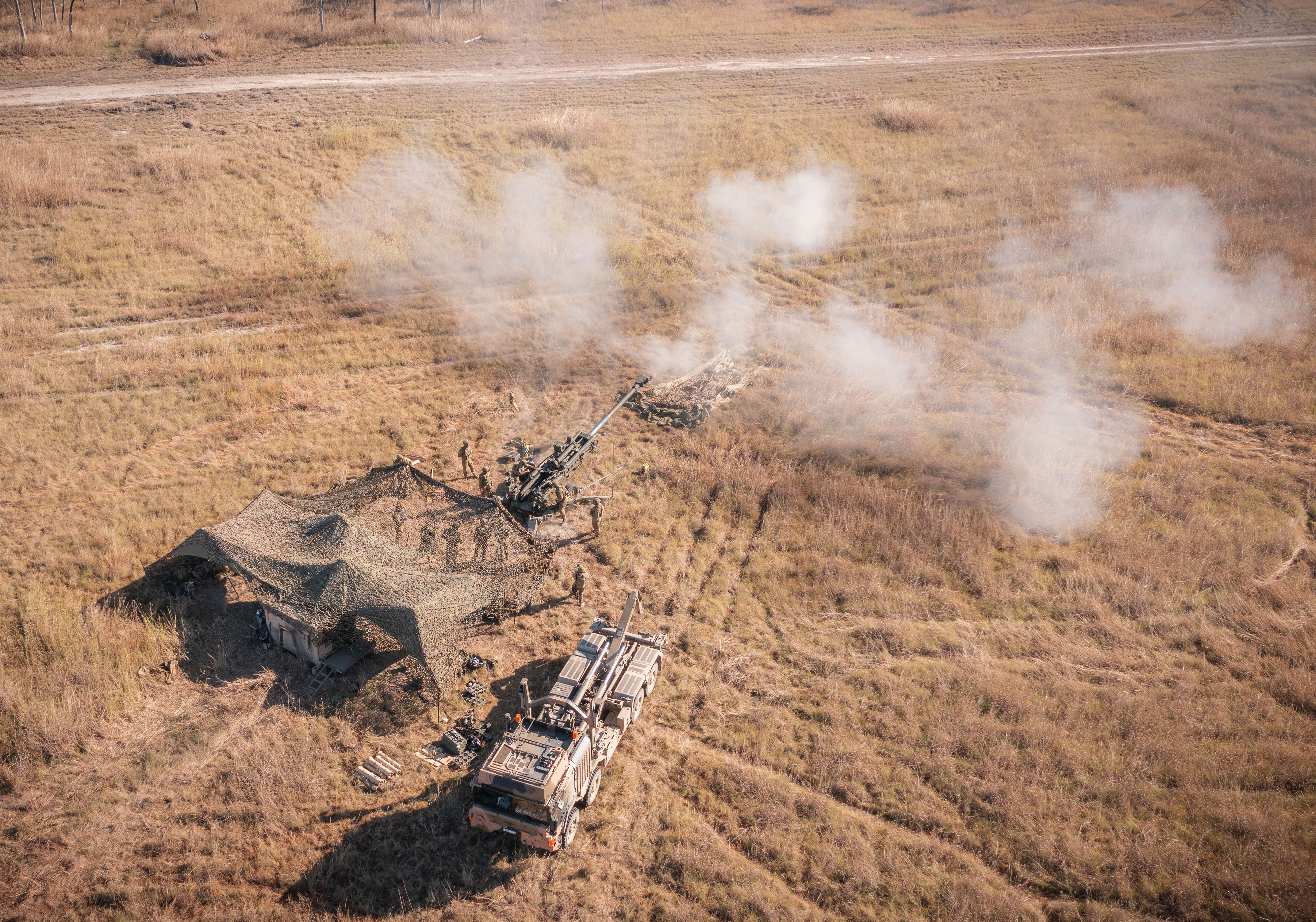What a difference a year makes – or does it? As the world struggles to cope with the COVID-19 pandemic, it is useful to reflect on the vexing issues that the international community were focused upon before the pandemic began dominating the news cycle.
Rather than diminish the immediate crisis, this retrospective view situates the pandemic in a world that remains increasingly complex, uncertain, and on the cusp of great change from a diverse range of competing and interdependent factors.
There is little doubt that the international response to the pandemic has been unprecedented – politically, socially, and economically. In particular, the extent to which global leaders have been prepared to intervene in societal interactions and a globalised free-market economy clearly demonstrates the seriousness with which the pandemic is being treated.
The current situation, however, should not overshadow the enduring geostrategic trends and drivers which will continue to have significant ramifications for global order, stability, and security. This is occurring in an evolving political climate that reflects a rise of nationalism, authoritarian governments, and illiberal democracies. The fear being that democracy itself may now be in retreat while climate change and extreme weather events unfold as existential global concerns.
States are challenging perceptions and exercising national power to reshape the international power balance to their advantage (revisionism). This is clearly evinced by the machinations of China and Russia who have displayed overlapping purposes in shaping a post-Western geopolitical order that better addresses their interests and political models.
China’s growing international status and influence is reflected in sustained strong economic growth and modernising military capability. This has expanded its outlook from primarily internal security and the stability of the one-party state to adopting a stronger stance internationally. China is now considered a peer competitor with the United States, especially in the Indo-Pacific region, where it has increasingly sought to flex its power.
Critically, Joseph Nye has argued that China is a country with “great strengths, but also important weaknesses.” Nye identified five significant long-term challenges that face a modernising China which will shape its global outlook and engagement. These include demography, economy, and perception.
Complicating an uncertain global security environment is the issue of rogue states, which remain a threat to international stability. This is characterised by nuclear proliferation in Iran and North Korea. Malcolm Davis argued that the early irrational exuberance of the Trump administration’s engagement was eventually overtaken by the reality that any future negotiations would be uncertain at best, a perspective that has subsequently been borne out. Rather than creating a climate of cooperation, the US outreach has merely given greater international recognition and legitimacy to the North Korean regime for no reciprocal benefit. It remains to be seen how the Biden administration will engage a traditionally recalcitrant regime, noting that the room for diplomatic manoeuvre has once again narrowed.
In contrast to the conciliatory efforts that President Trump made towards North Korea, Connor Dilleen has argued that ratcheting up sanctions on Iran (following the US’s unilateral withdrawal from the Joint Comprehensive Plan of Action (JCPOA)) has heightened the risk of confrontation. This situation is underscored by the Trump administration’s demands for European partners to withdraw from JCPOA while simultaneously denying the International Atomic Energy Agency (the oversight authority) time to monitor and verify Iran’s compliance. This has resulted in heightened tensions as Tehran walked back from the agreement while the US conducted strikes against key Iranian leadership targets.
This was further exacerbated by US sanctions that affected the acquisition of foreign medical supplies and support to counter the COVID-19 virus, which impacted Iran managing its response. And that will not be forgotten. Again, rather than contain what is arguably the Middle East’s most intractable issue, the previous U.S. administrations merely exacerbated an already tense situation, raising the risk of political escalation and military confrontation. It remains to be seen how the Biden administration tackles this issue and the degree to which Iran’s leadership will accept de-escalating tensions, including revisiting the JCPOA.
Last, but not least, are environmental threats. As the International Panel on Climate Change has argued, climate change will affect all nations and threatens the survival of some. Access to sources of fresh water, drought conditions affecting once arable lands, and rising sea levels create new security challenges. Additionally, climate change may exacerbate the spread of diseases, such as malaria and dengue fever, and create conditions for future pandemics.
So, what can we conclude from this? The world’s attention is focused upon containing a major disruption in the global order, but the enduring challenges for stability and security have not fundamentally changed. The current pandemic has just added to the complexity, and it remains important to remember that it is not the only show in town.
About the Author: Pete Wooding is a staff officer at the Air and Space Power Centre, RAAF Fairbairn. He has served with both the RNZAF and RAAF. He is a former Commanding Officer of 460SQN, RAAF, and is a graduate of the Royal Military College of Canada and the US Air War College.
Cover Image Credit: Corporal Madhur Chitnis, Defence Image Gallery

